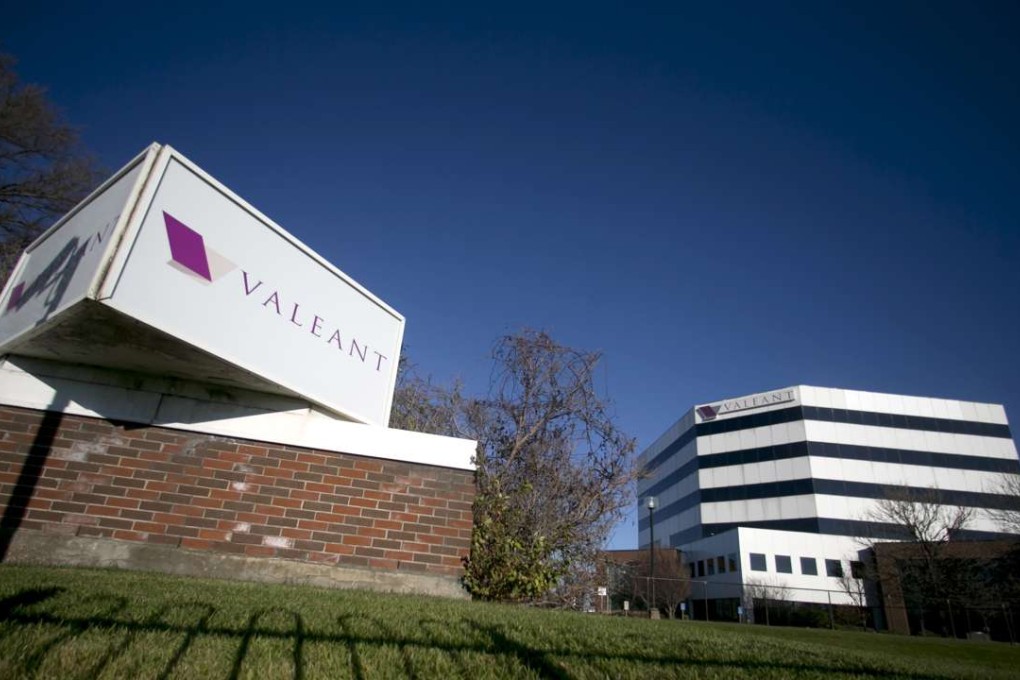US asset buying binge intensifies as Sanpower snaps up prostate cancer drug maker
Asset-hungry conglomerate inks deal for biotechnology pioneer and maker of Provenge amid concerns that Washington will move against hi-tech acquisitions

The Chinese conglomerate that owns Britain’s House of Fraser department stores agreed to pay US$820 million for Valeant Pharmaceutical International’s cancer unit in the United States, in the largest acquisition of a US pharmacueticals maker by a Chinese firm.
The takeover is also one of the first multimillion dollar investments inked between a Chinese firm and its US counterpart following Donald Trump’s election victory, with the US on course to tighten scrutiny of China’s buying binge.
Sanpower Group, founded by billionaire Yuan Yafei, said its buyout of Canadian pharmaceutical giant Valeant’s Seattle-based prostate cancer unit Dendreon would give it control over Provenge, the first autologous cellular immunotherapy for prostate cancer treatment approved by the Food and Drug Administration.

The Nanjing-based group is one of the most acquisitive Chinese companies of overseas assets spanning retail, finance and health-care. It snapped up an 89 per cent stake in Britain’s iconic House of Fraser chain in 2014, and was among bidders for McDonald’s Greater China business last year.
“This move will take Chinese companies to the forefront of precision medicines market worldwide,” a Sanpower statement said.
Chinese conglomerates, thirsty for cutting-edge technologies and broader market reach, have been on an unprecedented acquisition spree in the US and Europe, with pharmaceutical companies among the most sought-after.